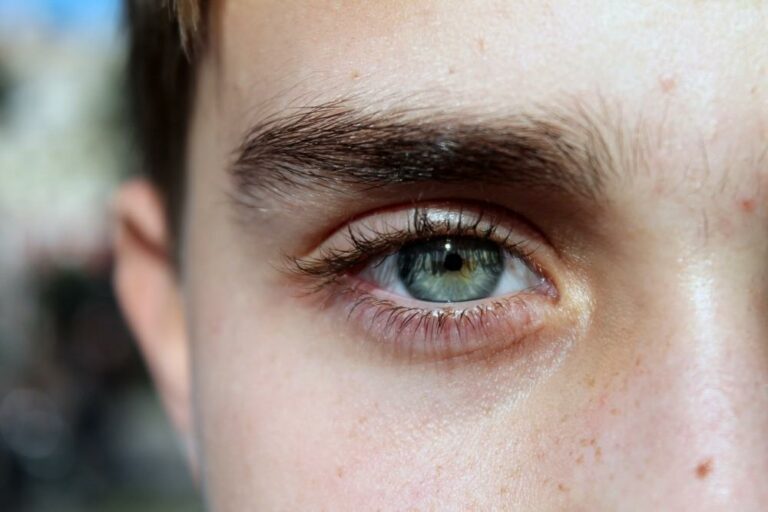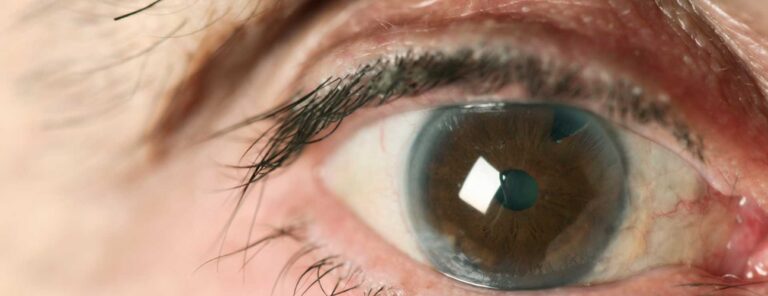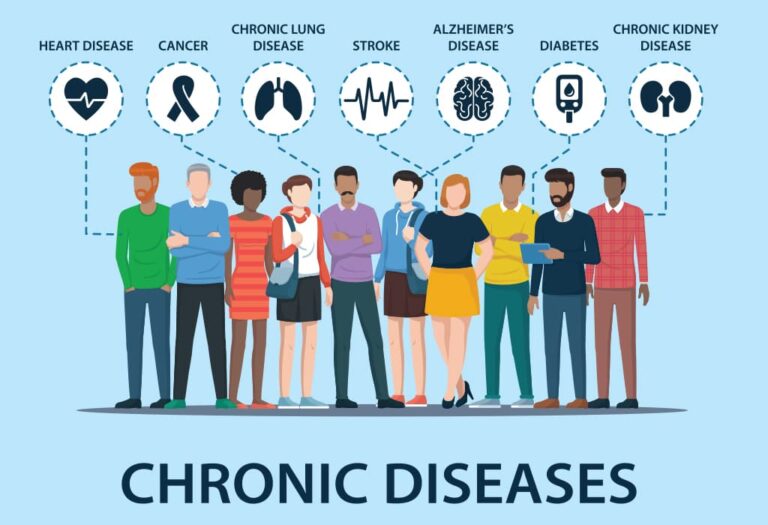How to Improve Vision Health?
Author: Recyll Oraiz
Recyll Oraiz
Category: Health

Is the health of your eyes as it should be? Are you taking steps in protecting and maintaining vision? When it comes to overall health, many people overlook their eyes, which is a mistake. Maintaining good eye health is crucial in many facets of your life, including your job, home, and hobbies.
Additionally, approximately 2.2 billion individuals worldwide are affected by vision impairment or blindness. Despite this, it was also said that about half of all blindness could be avoided.
What are some of the most common causes of blindness?
The two most common causes of vision loss. Uncorrected refractive errors and cataracts and Age-related macular degeneration (AMD), glaucoma, and are all closely followed.
Uncorrected Refractive Errors ****
When an eye is malformed, it prevents successful refraction. When we don’t do anything about refractive error, we call it an uncorrected refractive error.
Moreover, refraction is the process by which the eye bends light so that it can travel through the cornea, lens, and retina. The retina is a light- sensitive tissue that runs along the back of the eye.
In addition to that, refractive errors can occur as the eyeball develops or shrinks in length, the cornea changes form, or as a result of aging.
It was said that refractive error is not caused by overuse of the eye. Instead, if a refractive error runs in your family, you may be at a higher risk of developing it.
Cataracts
Occur when the lens of the eye becomes clouded, loses clarity, and affects vision over time. They are extremely frequent worldwide, accounting for half of all blindness and a third of all visual impairment (according to the WHO). Cataracts are a common occurrence in all cultures. As a result of the aging process; cataracts afflict the majority of people over the age of 65 in the United Kingdom.
Age-related macular degeneration (AMD)
Is a progressive eye condition that can lead to blindness. In those over the age of 60, it’s the main cause of severe, permanent vision loss. It occurs when the macula, the little central piece of your retina, wears down. The retina is the back of your eye’s light-sensing nerve tissue.
Diabetic retinopathy
May cause no symptoms or just minor vision abnormalities at first. However, it has the potential to cause blindness.
Furthermore, Diabetic retinopathy is a consequence of diabetes that damages the eyes. Damage to the blood vessels of the light-sensitive tissue in the rear of the eye causes this condition (retina). Anyone with type 1 or type 2 diabetes can develop the illness. This eye issue could be more likely to develop the longer you have diabetes and the less well your blood sugar is controlled.
The best method to maintain vision is to keep your diabetes under control. Even if your vision appears to be fine, consult your eye doctor for a yearly eye check with dilation if you have diabetes.

How can you improve the health and safety of your eyes?
Consume a nutritious diet
**** It’s more crucial than you might think to consume the correct foods for your eyesight. According to research, certain minerals and nutrients present in diet can help prevent cataracts and age-related macular degeneration, two prevalent eye problems (AMD)
Eat green leafy vegetables like Spinach, kale, and collards
Salmon, tuna, and other oily fish are some of the best sources of omega-3 fatty acids.
Nonmeat protein sources include eggs, almonds, beans, and other plants.
Citrus fruits and juices (oranges, lemons, limes, etc.)
Oysters and pork are two of the most popular dishes in the United States.
Maintaining vision and healthy weight requires a well-balanced diet. Also, Obesity and related disorders such as type 2 diabetes, the primary cause of blindness in adults, are reduced as a result of this.
Quit Smoking
for a long time, we’ve known that smoking can lead to a variety of health issues, including heart disease and stroke. Smoking, on the other hand, can lead to serious eye problems.
It increases the risk of cataracts, optic nerve damage, and macular degeneration, as well as a variety of other medical issues. Keep trying if you’ve previously tried and failed to break the habit. The more times you try to quit, the better your chances are of succeeding.
Beware of the sun
Our eyes are vulnerable to the sun’s rays. It was said that UV light can cause a variety of problems, which can be mitigated by wearing sunglasses.
Choose a pair that blocks UVA and UVB radiation to the tune of 99 percent to 100 percent. Wraparound contact lenses shield your eyes from the sides. When polarized glasses minimize glare while driving, they don’t always provide additional protection.
Exercise the body and the eyes
Not only is exercise beneficial to your body, but it is also beneficial to your eyes. Even while cardio and weightlifting do not directly harm the eyes, there is a link between your eye health and these activities.
Make it a point to get some exercise every day, or at least three times per week. This may benefit your overall health and well-being, as well as the health of your eyes.
Beware of the Blue Light
We live in a technologically advanced world. As a result, most of us spend at least a few hours per day in front of a screen.
High-energy blue light can induce age-related macular degeneration, dry eye, and cataracts as it travels through the cornea and lens.
Screens should be at least 20″ to 24″ away from your eyes to help limit the risk to your eyes. You should adjust the lighting such that the screen has minimum glare and that the top of the screen is slightly below eye level.
Regularly visit your eye doctor
Even small children require frequent eye exams. It aids in the protection of your vision and allows you to see clearly. You might have to use your computer, for example.
Exams can also detect disorders that have no symptoms, such as glaucoma. It’s critical to catch them early on when they’re more manageable.
Try these tips, and you’ll see that they’re good for more than just maintaining vision. You may notice that your overall health is improving.













